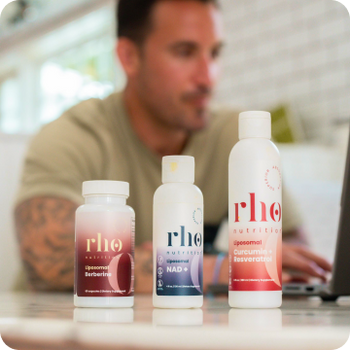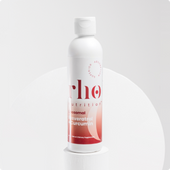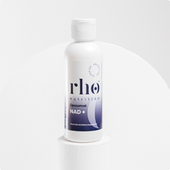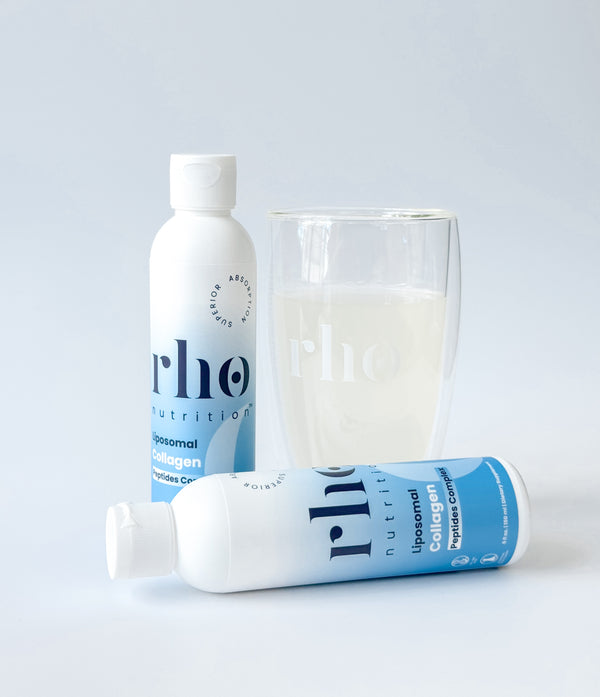For millions of people worldwide, coffee is the go-to solution for fighting fatigue and jumpstarting their day. But does coffee actually give you energy, or is something else happening in your body? The answer is more nuanced than you might think.
Coffee Doesn't Provide Energy, It Blocks Fatigue
Here's the truth: coffee doesn't actually give you energy in the traditional sense. Unlike food, which contains calories that your body converts into usable energy, coffee has virtually no caloric content. A cup of black coffee contains only about 2 calories, which is negligible for energy production.
What coffee does instead is manipulate how your brain perceives tiredness. The key player in this process is caffeine, coffee's primary active compound.
How Caffeine Actually Works
Throughout the day, your brain produces a neurotransmitter called adenosine. As adenosine accumulates in your brain, it binds to adenosine receptors, creating that familiar feeling of tiredness. This is your body's natural signal that it's time to rest.
When you drink coffee, caffeine molecules enter your bloodstream and travel to your brain. Here's where the magic happens: caffeine has a remarkably similar molecular structure to adenosine. This similarity allows caffeine to bind to the same receptors that adenosine would normally occupy.
By blocking these receptors, caffeine prevents adenosine from doing its job. You don't feel less tired because you have more energy—you feel less tired because your brain can't receive the "I'm tired" signals it would normally get.
The Real Source of Your Energy
While you're experiencing the wakefulness effects of caffeine, your actual energy still comes from the same sources it always does:
-
Glucose from the food you eat
-
ATP (adenosine triphosphate) produced by your cells
-
Stored glycogen in your muscles and liver
Caffeine can indirectly boost your energy levels by stimulating your central nervous system, which can increase your heart rate, improve blood flow, and trigger the release of adrenaline. These effects can make you feel more alert and capable of physical or mental exertion, but they're not creating energy from nothing—they're helping your body access and utilize the energy it already has.
Does Coffee Make You "Borrow" Energy?
If you've ever experienced a caffeine crash after your morning coffee wears off, you might wonder: is coffee making you "borrow" energy from your future self? It's a common concern among coffee drinkers who feel exhausted once the effects fade.
The short answer is no—coffee doesn't make you borrow energy in the way you might imagine. Your body has a finite amount of energy stored as glycogen and ATP at any given moment, and caffeine doesn't deplete these reserves or force you to "pay back" energy later.
However, there is some truth to the feeling that coffee creates a debt you'll need to repay.
What Happens When You Drink Coffee
When you drink coffee, caffeine triggers several physiological responses beyond just blocking adenosine:
-
Adrenaline Release: Caffeine stimulates your adrenal glands to release adrenaline (epinephrine), your body's "fight or flight" hormone. This causes your heart to beat faster, your airways to open up, and sugar to be released into your bloodstream from your liver. This is your body's emergency energy mobilization system.
-
Dopamine Boost: Caffeine increases dopamine levels in your brain, which improves mood, motivation, and focus. This makes activities feel easier and more enjoyable.
These responses help you access your existing energy stores more effectively, but they also create what feels like an energy "debt."
The Three Types of "Debt" Coffee Creates
1. Sleep Debt
If you use coffee to stay awake when your body needs rest, you're accumulating sleep debt. No amount of caffeine can replace the restorative functions of actual sleep. Eventually, your body will demand repayment through increased fatigue, decreased cognitive function, and potentially health issues.
2. Adenosine Accumulation
While caffeine blocks adenosine receptors, your brain continues producing adenosine throughout the day. When the caffeine wears off (typically 3-5 hours later), all that accumulated adenosine floods your receptors at once, making you feel suddenly exhausted. You're not more tired than you would have been without coffee—you're just feeling all the tiredness at once instead of gradually.
3. Stress Hormone Activation
By repeatedly triggering your stress response system through adrenaline and cortisol release, frequent coffee consumption can tax your adrenal system over time. While occasional use is fine, relying on coffee multiple times daily to maintain energy can lead to a cycle where you need more caffeine to achieve the same effect.
The Caffeine Peak and Crash
Caffeine reaches peak levels in your bloodstream about 30 to 60 minutes after consumption. This is when you'll feel most alert and focused. The effects can last anywhere from 3 to 5 hours, depending on factors like your metabolism, body weight, and caffeine tolerance.
However, many coffee drinkers experience the dreaded "caffeine crash." This happens when the caffeine begins to wear off and all that accumulated adenosine floods your receptors at once. You may feel even more tired than before you had coffee—not because coffee depleted your energy, but because your natural tiredness was simply masked temporarily.
Does Coffee Improve Performance?
While coffee doesn't provide energy in the literal sense, research shows that caffeine can enhance both mental and physical performance. Studies have found that caffeine can:
-
Improve focus and concentration
-
Enhance reaction time
-
Increase endurance during physical exercise
-
Boost short-term memory
-
Improve mood and motivation
These benefits make coffee a valuable tool for productivity and athletic performance, even if it's not technically giving you energy.
How to Use Coffee Wisely
Understanding how coffee really works can help you use it more strategically:
-
Timing Matters: Drink coffee when you need enhanced alertness for specific tasks, not as a replacement for sleep or proper nutrition.
-
Avoid Late-Day Consumption: Since caffeine has a half-life of 5-6 hours, drinking coffee after 2 PM can interfere with nighttime sleep, creating more sleep debt.
-
Stay Hydrated: Caffeine is a mild diuretic, so drink water alongside your coffee to avoid dehydration, which can cause fatigue.
-
Don't Overdo It: Most experts recommend limiting caffeine intake to 400mg per day (about 4 cups of coffee) to avoid negative side effects.
-
Listen to Your Body: If you need multiple cups just to feel normal, you may be masking an underlying issue like poor sleep, stress, or inadequate nutrition.
The Bottom Line
Coffee doesn't give you energy—it gives you the feeling of having energy by blocking the signals that tell you you're tired and by mobilizing your body's existing energy resources. It doesn't make you "borrow" energy in a literal sense, but it can create debts in the form of accumulated adenosine, sleep deprivation, and stress hormone activation.
True, sustainable energy comes from proper nutrition, adequate sleep, regular exercise, and stress management. Coffee can be a helpful supplement to these fundamentals, but it's not a replacement for them.
If you find yourself relying heavily on coffee to get through the day, it might be a sign that you need more sleep, better nutrition, or lifestyle changes. Use coffee strategically to enhance your natural energy rather than as a crutch to compensate for an energy deficit.
Enjoy your cup of coffee for what it truly offers: a temporary boost in alertness and performance that can help you make the most of the energy you already have—without actually creating an energy debt you'll need to repay later.













Leave a comment